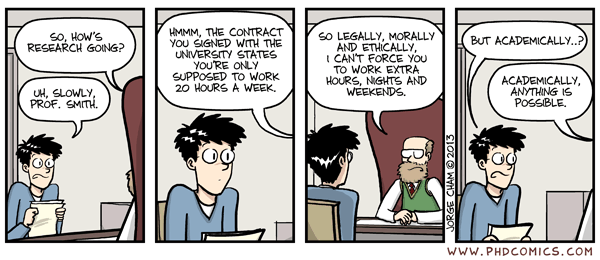At dinner the other night, after a couple beers:
Boyfriend: Okay, random question time.
Me: Shoot.
Boyfriend: If you could be teleported to any restaurant in the world, where you could have dinner, and you would be teleported immediately back, where would you go?
Me: Hmmm, this is a tough one.
Boyfriend: So you don’t have to worry about travel to or within that country.
Me: Do I have to actually be able to get into this place? Or can I like, teleport into French Laundry and they’re required to feed the person who just appeared?
Boyfriend: …Let’s say you have enough time to make reservations, but you still have to be able to get the reservations and afford the meal.
Me: Okay, so not French Laundry. ………..Honestly, probably some seaside restaurant in Italy.
Boyfriend: Not somewhere in Asia? Or the Middle East?
Me: I’m not really sure if I want to go to the Middle East…
Boyfriend: Okay, just what food would you want to eat? Let’s also say you have a magic forcefield that makes you look like a male.
Me: I like how I can suspend disbelief for teleportation, but sexism? Nope.
All I can say is thank goodness I found a man gets a laugh out of my overthinking.
Where would you go? Same rules as above apply, including magic forcefields to make you have the most privilege possible in the local area.


